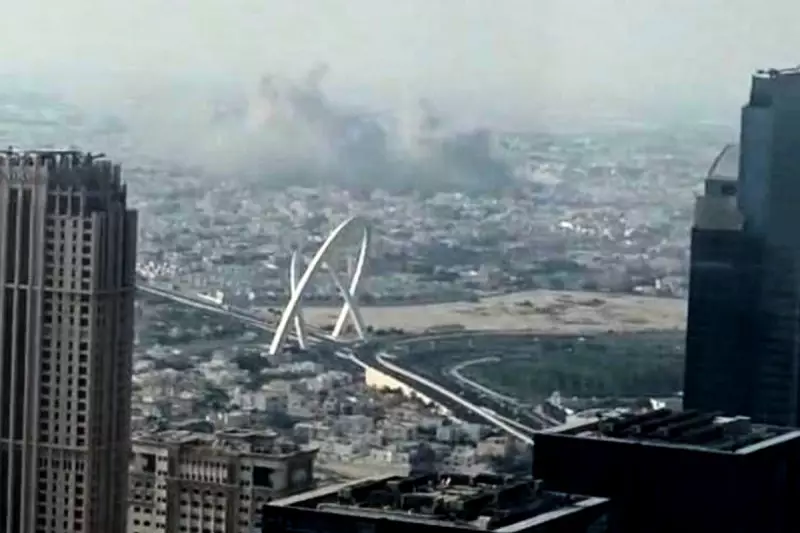
In a stunning diplomatic broadside, Qatar's Prime Minister has publicly accused former US President Donald Trump of actively working to sabotage critical ceasefire negotiations in the Gaza Strip.
Sheikh Mohammed bin Abdulrahman Al Thani claimed that Trump's political machinations are deliberately undermining a potential deal between Israel and Hamas, primarily to deny current President Joe Biden a crucial foreign policy victory ahead of the November election.
A Political Football in the Middle East
The Qatari PM stated that Trump's team is advocating for a complete halt to the current talks, pushing instead for negotiations to be frozen until after the US election. This move, he suggests, is a cynical ploy to use the ongoing conflict and humanitarian crisis for domestic political gain.
This revelation casts a stark light on how intensely polarised US politics is now directly impacting some of the world's most volatile conflicts, with real-world consequences for the civilians caught in the crossfire.
The Stakes of the Ceasefire Deal
The proposed deal, which Qatar has been painstakingly mediating for months, aims to achieve two primary goals:
- A sustained ceasefire to end the devastating violence in Gaza.
- The release of Israeli hostages still held by Hamas since the 7th October attacks.
Sheikh Mohammed expressed deep frustration, warning that such external political interference not only jeopardises the delicate negotiations but also recklessly plays with the lives of millions of Palestinians and the hostages.
Trump's Long-Standing Alliance with Qatar
The accusation is particularly striking given Trump's historical ties to the Gulf state. His family business, the Trump Organisation, has significant commercial interests in Qatar, including a flagship luxury golf course. This relationship adds a complex layer of potential conflict between personal business interests and the statesmanlike role he is accused of meddling in.
This explosive claim from a key US ally and mediator signals a new level of international concern over how a potential change in American leadership could destabilise global diplomacy and prolong deadly conflicts.





